Original header image via Karolina Grabowska
First and foremost, get their attention.
A novel is made up of many thousands of sentences, but none as deeply important as the opening line. (Except, probably, the closing line—but that’s another post.) The first line should tell the reader what to expect in terms of language, plot and character. It should be mysterious and compelling, either poetic or shockingly abrupt. If a bookstore browser flips to the first page and reads the opening line, he or she should want to immediately sit down in the middle of the aisle and keep reading.
So few books get that critical first line truly, completely right. Here are ten that do:
![]() 1. "Cat’s Eye" by Margaret Atwood (1998)
1. "Cat’s Eye" by Margaret Atwood (1998)
“Time is not a line but a dimension, like the dimensions of space.”
Atwood’s novel about maintaining one’s identity tells the story of painter Elaine Risley, who reflects back on her youth and her toxic childhood friendship with a group of three girls.
Why It Works:
The line is lovely in its simplicity, and more to the point, piercingly accurate. What is a book if not a bridge across the dimension of time, allowing one to revisit the past and envision the future? Elaine recalls with exquisite clarity the days of her childhood, the pain of youthful rejection, and the delicate pride of finally embracing her sense of self.
Get Cat's Eye at Bookshop or Amazon
![]() 2. Fahrenheit 451 by Ray Bradbury (1953)
2. Fahrenheit 451 by Ray Bradbury (1953)
“It was a pleasure to burn.”
Fahrenheit 451 details a dystopian future in which a fireman’s sole job is to burn books, thereby maintaining a society made up of people who are oblivious and manageable. The title refers to the temperature at which paper burns.
Why It Works:
The sentence is made up of six words, elegant in their brevity and crushing in their implications. Fireman Guy Montag lives his entire life taking casual pleasure in government oppression—until a series of events leads him to look at his life and society with growing horror.
Get Fahrenheit 451 at Bookshop or Amazon
![]() 3. "Gone With The Wind" by Margaret Mitchell (1936)
3. "Gone With The Wind" by Margaret Mitchell (1936)
“Scarlett O’Hara was not beautiful, but men seldom realized it when caught by her charm as the Tarleton twins were.”
This line introduces us to the singular heroine of Mitchell’s Civil War novel. Scarlett survives the burning of Atlanta, the Civil War, and the Reconstruction Era largely on that very charm, coupled with a healthy dose of self-interest.
Why It Works:
The line is bright and fun and instantly engaging. It gives the reader an absolute introduction to Scarlett, a character who is flawed but ultimately insuppressible.
Get Gone With the Wind at Bookshop or Amazon
![]() 4. "The Gunslinger" by Stephen King (1982)
4. "The Gunslinger" by Stephen King (1982)
“The man in Black fled across the Desert, and the Gunslinger followed.”
Stephen King began writing The Gunslinger when he was a sophomore in college; he has said that the opening sentence came to him as a forceful inspiration that he could not ignore. Twelve and a half years later, the novel was published; thirty-eight years after he wrote the first line, King published the concluding volume of The Dark Tower series.
Why It Works:
The line hearkens back to the Robert Browning poem that inspired The Gunslinger, “Childe Roland to the Dark Tower Came.” The words are stark and lovely, instantly giving the sense that we are in medias res of an epic adventure lasting through time out of mind.
Get The Gunslinger at Bookshop or Amazon
![]() 5. "The Hobbit" by J. R. R. Tolkien (1937)
5. "The Hobbit" by J. R. R. Tolkien (1937)
“In a hole in the ground there lived a hobbit.”
Tolkien’s precursor to The Lord of the Rings tells the story of one little, simple hobbit named Bilbo Baggins. A tiny, fussy creature, Bilbo surprises himself, the reader, and everyone who knows him with his bravery and strength of character.
Why It Works:
Much like Bilbo himself, the line is small, quaint, and surprising in its impact. Tolkien’s language is always like magic; he instantly immerses the reader in a strange new universe by the power of ten simple words.
Get The Hobbit at Bookshop or Amazon
![]() 6. "Lolita" by Vladimir Nabokov (1955)
6. "Lolita" by Vladimir Nabokov (1955)
“Lolita. Light of my life, fire of my loins. My sin, my soul.”
Nabokov’s protagonist, Humbert Humbert, is desperately in love and lust with his twelve-year-old step-daughter, Lolita. The novel was tremendously controversial upon publication but has since been hailed as a modernist literary masterpiece rife with irony and genre deconstruction.
Why It Works:
The first three sentences, brief and beautiful, are powerfully romantic. That such passion is directed by a grown man toward a twelve-year-old is part of the perverse irony that makes Lolita such a strange and complicated novel to this day.
Get Lolita at Bookshop or Amazon
![]() 7. "Middlesex" by Jeffrey Eugenides (2002)
7. "Middlesex" by Jeffrey Eugenides (2002)
“I was born twice: first, as a baby girl, on a remarkably smogless Detroit day in January of 1960; and then again, as a teenage boy, in an emergency room near Petoskey, Michigan, in August of 1974.”
And here we are introduced to Cal/Calliope/Callie Stephanides, the strong and elusive protagonist of Middlesex. Cal is born intersex, yet his condition isn’t discovered until a tractor accident in his teens. Until that day, he is raised as a little girl named Calliope. Middlesex is a sprawling coming of age story and generational saga, culminating in Cal’s eventual acknowledgement of his own identity.
Why It Works:
Although Middlesex spans generations and continents, from 1920s Greece to 1960s Detroit to modern day Berlin, the heart of the story is in Cal’s personal journey. The first sentence lets the reader in on precisely what is going to happen, yet the mystery remains as to the manner Cal will respond to the drastic changes in his life.
Get Middlesex at Bookshop or Amazon
![]() 8. "Peter and Wendy" by J. M. Barrie (1911)
8. "Peter and Wendy" by J. M. Barrie (1911)
“All children, except one, grow up.”
Barrie’s novelization of his play Peter Pan follows the play very closely, but with the lovely benefit of Barrie’s wonderful descriptive passages.
Why It Works:
The central theme of Peter and Wendy lies within these six simple words. Children grow into adults. They must. The sentence also playfully introduces us to Peter Pan, the boy who wouldn’t grow up. That such a brief, unadorned sentence can do so much is testament to Barrie’s talent.
Get Peter and Wendy at Bookshop or Amazon
![]() 9. "Pride and Prejudice" by Jane Austen (1813)
9. "Pride and Prejudice" by Jane Austen (1813)
“It is a truth universally acknowledged that a single man in possession of a good fortune must be in want of a wife.”
Pride and Prejudice is a sneaky novel. On the surface it reads as a polite comedy of manners and romantic drama, yet the novel offers uncompromising social criticism and an unblinking adherence to modern principles.
Why It Works:
The first line is wrought with irony, setting the breezy, sardonic tone that so distinguishes Pride and Prejudice from its contemporaries. The novel casts censure on the societal necessity for a woman to marry and for therefore every wealthy man to become an object of imperative. Oh, clever Jane!
Get Pride and Prejudice at Bookshop or Amazon
![]() 10. "Slaughterhouse-Five" by Kurt Vonnegut (1969)
10. "Slaughterhouse-Five" by Kurt Vonnegut (1969)
“All this happened, more or less.”
Vonnegut’s satirical, metafictional novel leaves protagonist Billy Pilgrim “unstuck in time” after his dealings with the alien Tralfamadorians. The nonlinear novel was absolutely revolutionary when published and remains one of the great works of 20th century literature today.
Why It Works:
With the first sentence, Vonnegut clues us in to the fact that the narrative is unreliable. He manipulates the fiction and leaves us questioning the account of the narrator. This casual disinterest in creating a reliable history is one of the things that makes Slaughter-house Five such a fun, intriguing read.
Wow. Don’t these opening lines make you want to rush over to your bookshelf and re-read all ten novels simultaneously? Are there any books on this list that you’ve never read before? Did the first line convince you to give it a try? Tell me what I missed and what I shouldn’t have included in the comments, readers!

About the author
Meredith is a writer, editor and brewpub owner living in Houston, Texas. Her four most commonly used words are, "The book was better."
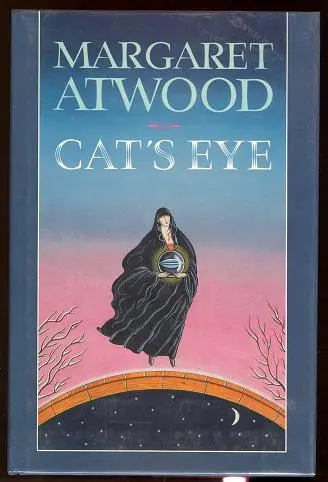 1. "Cat’s Eye" by Margaret Atwood (1998)
1. "Cat’s Eye" by Margaret Atwood (1998)
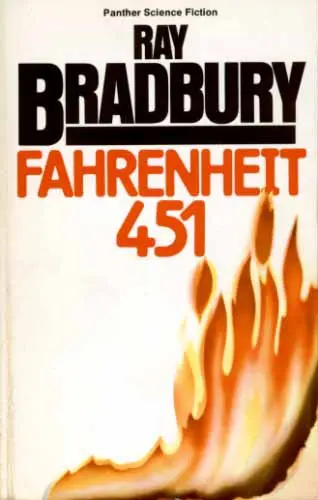 2. Fahrenheit 451 by Ray Bradbury (1953)
2. Fahrenheit 451 by Ray Bradbury (1953)
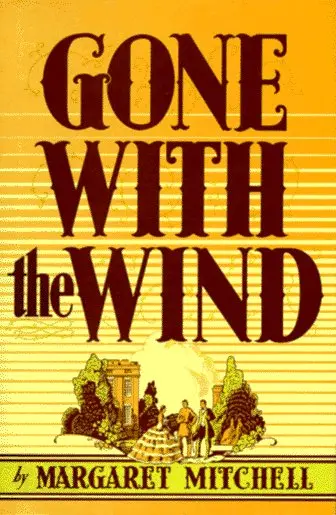 3. "Gone With The Wind" by Margaret Mitchell (1936)
3. "Gone With The Wind" by Margaret Mitchell (1936)
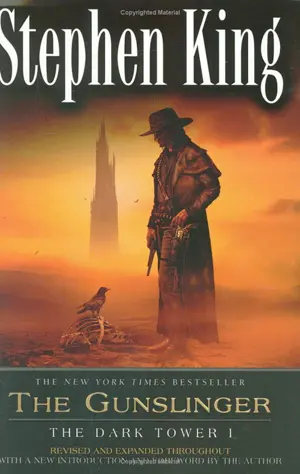 4. "The Gunslinger" by Stephen King (1982)
4. "The Gunslinger" by Stephen King (1982)
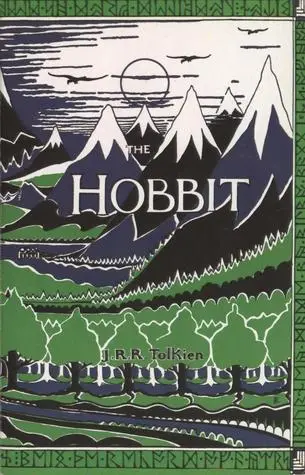 5. "The Hobbit" by J. R. R. Tolkien (1937)
5. "The Hobbit" by J. R. R. Tolkien (1937)
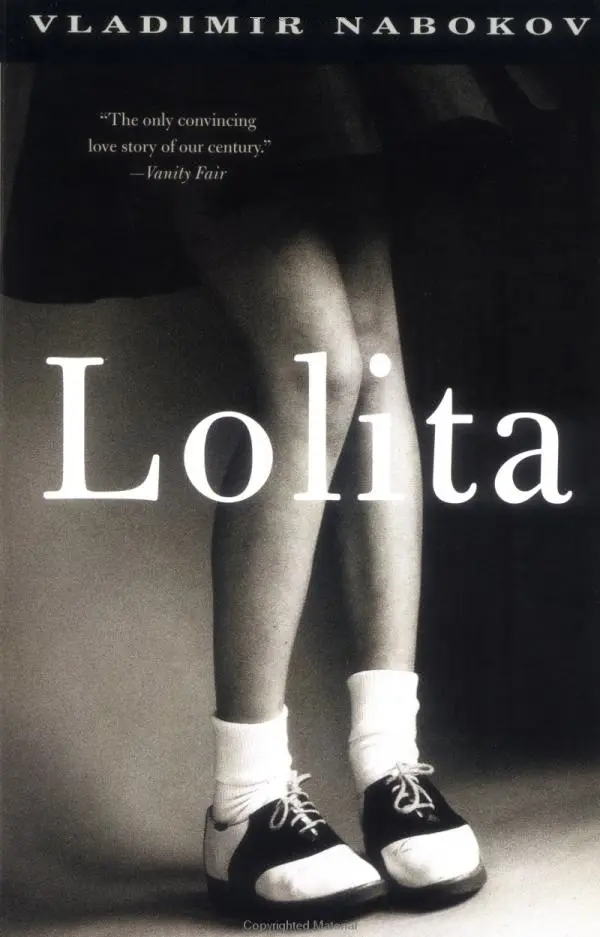 6. "Lolita" by Vladimir Nabokov (1955)
6. "Lolita" by Vladimir Nabokov (1955)
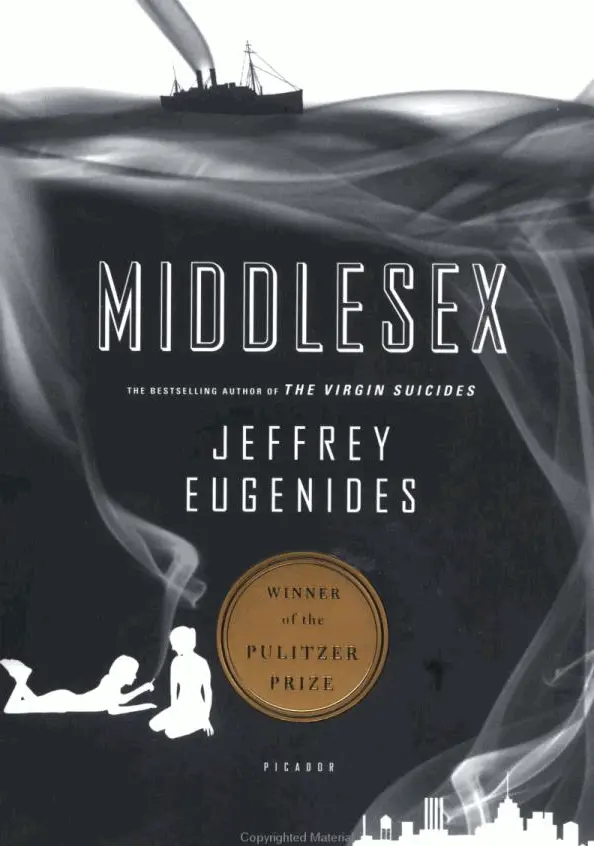 7. "Middlesex" by Jeffrey Eugenides (2002)
7. "Middlesex" by Jeffrey Eugenides (2002)
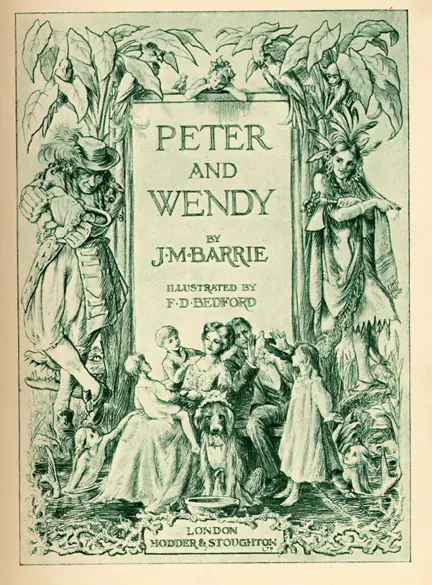 8. "Peter and Wendy" by J. M. Barrie (1911)
8. "Peter and Wendy" by J. M. Barrie (1911)
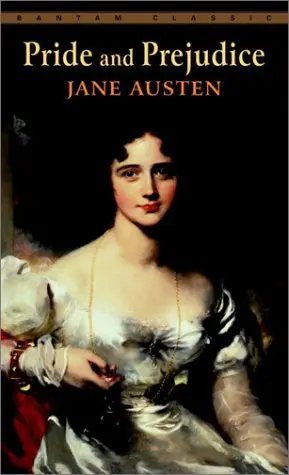 9. "Pride and Prejudice" by Jane Austen (1813)
9. "Pride and Prejudice" by Jane Austen (1813)
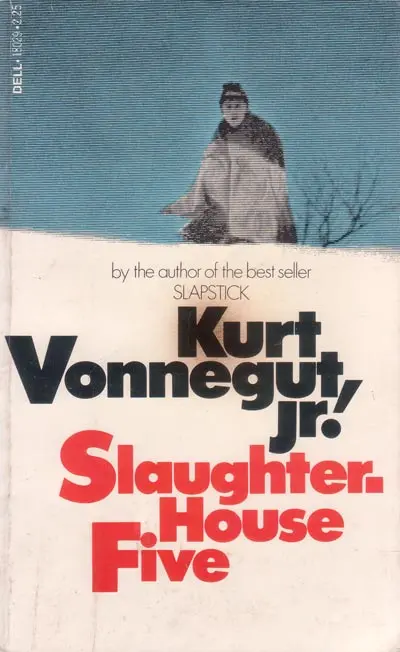 10. "Slaughterhouse-Five" by Kurt Vonnegut (1969)
10. "Slaughterhouse-Five" by Kurt Vonnegut (1969)








